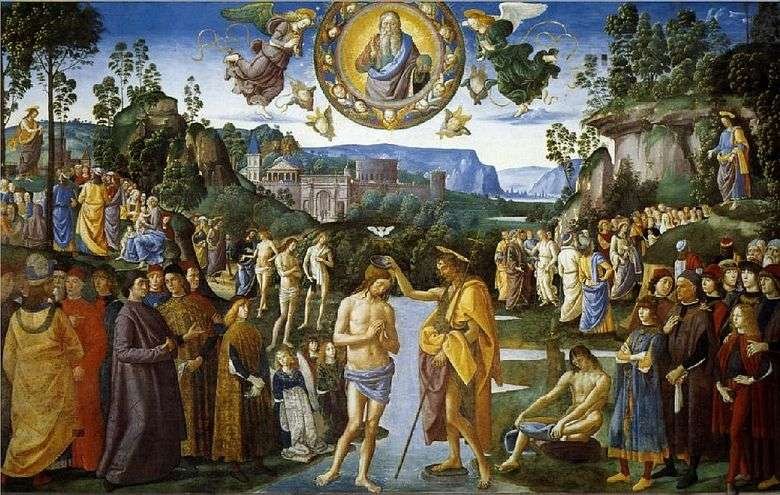
Welcome
Everyone welcome,
no exceptions

Everyone welcome,
no exceptions
Who do we think we are? Epiphany is the season of revelation; the stories that reveal Christ’s true nature also reveal our own identity as his siblings in the family of God. Today, as we mark the baptism of Christ we remember that we too are baptised in the same spirit.
In our gospel, Matthew 3:13-17, John does not want to baptise him, yet Jesus insists so that we might not be afraid to follow him into deep waters. Just as the Spirit moved over the waters bringing creation into being, so the spirit moves over the waters of baptism recreating us.
The voice of God calling Christ his beloved child is for us too, we are claimed and renewed and anointed so that we might follow Christ, carrying the spirit of God into the world and working for the renewal of all people and the whole of creation.
Holy Spirit Clapham uses ChurchSuite. ChurchSuite is designed specifically for churches with the potential to draw us closer as a community and make us more effective than ever in our mission work together.
